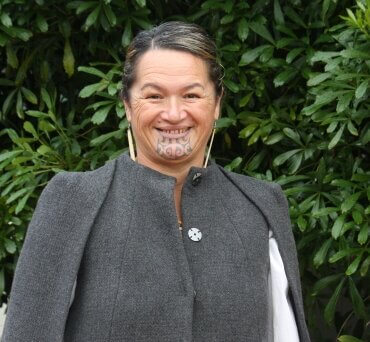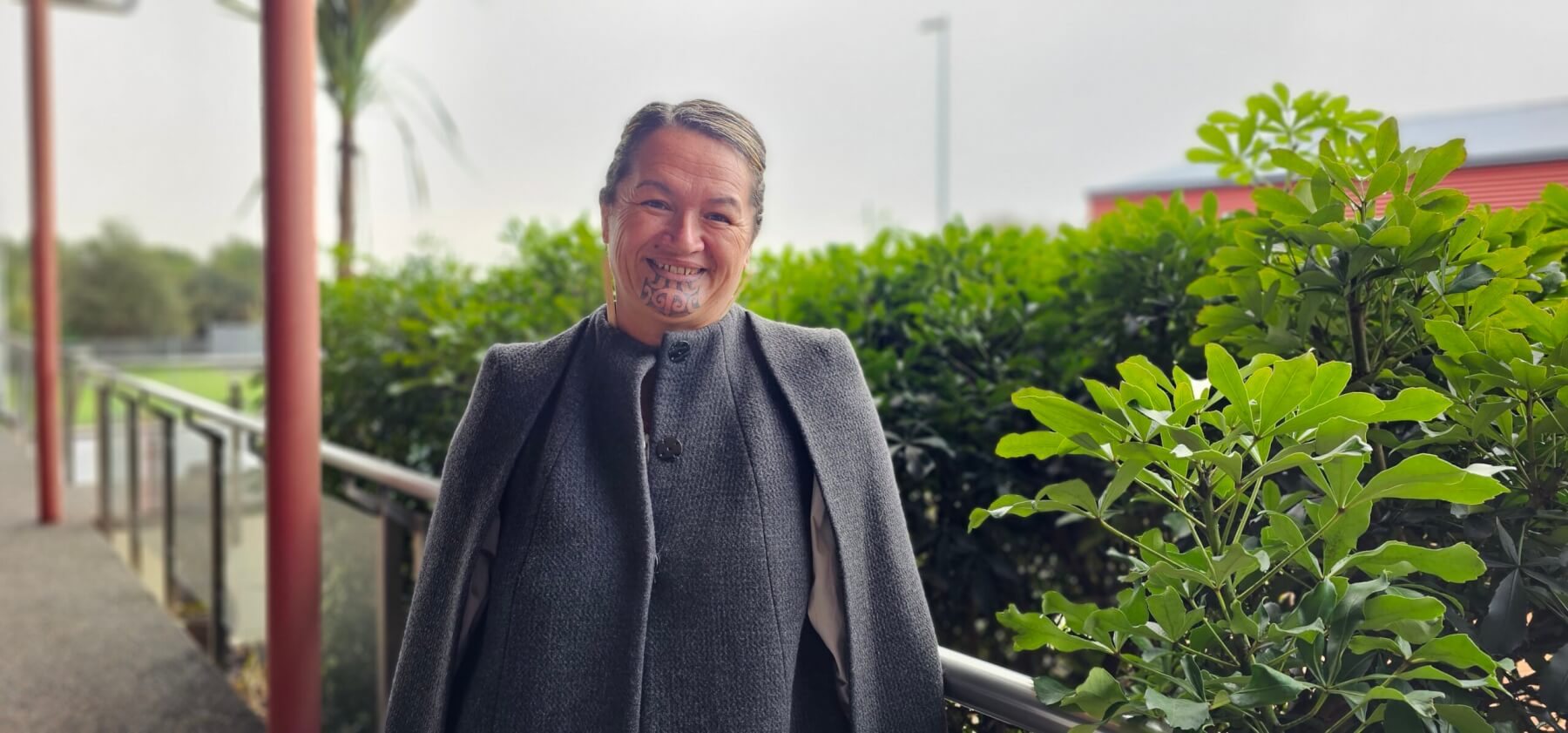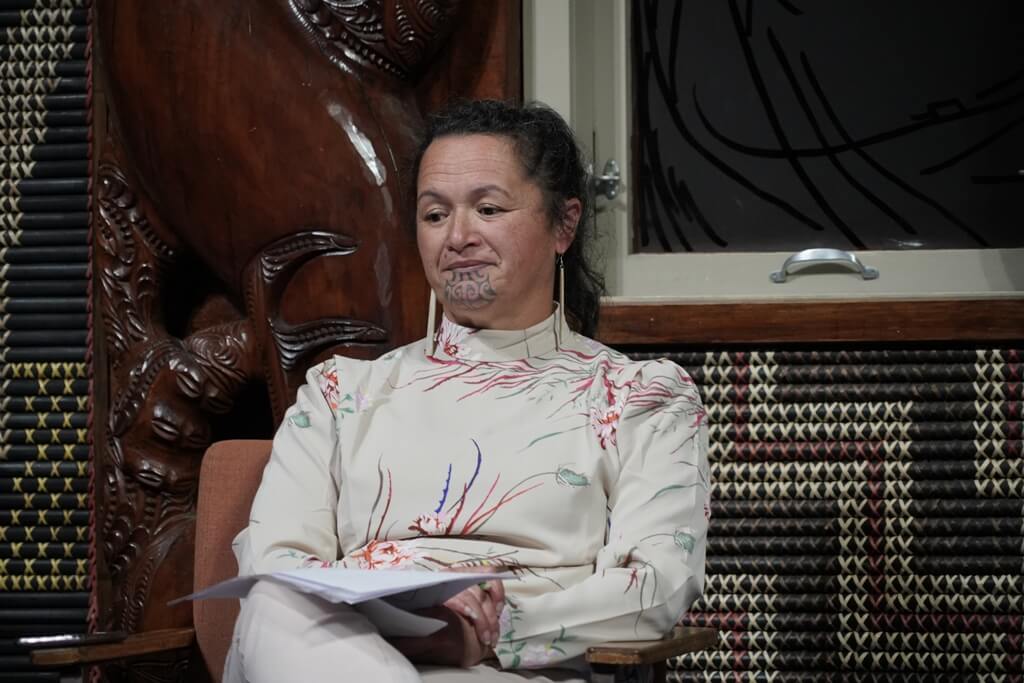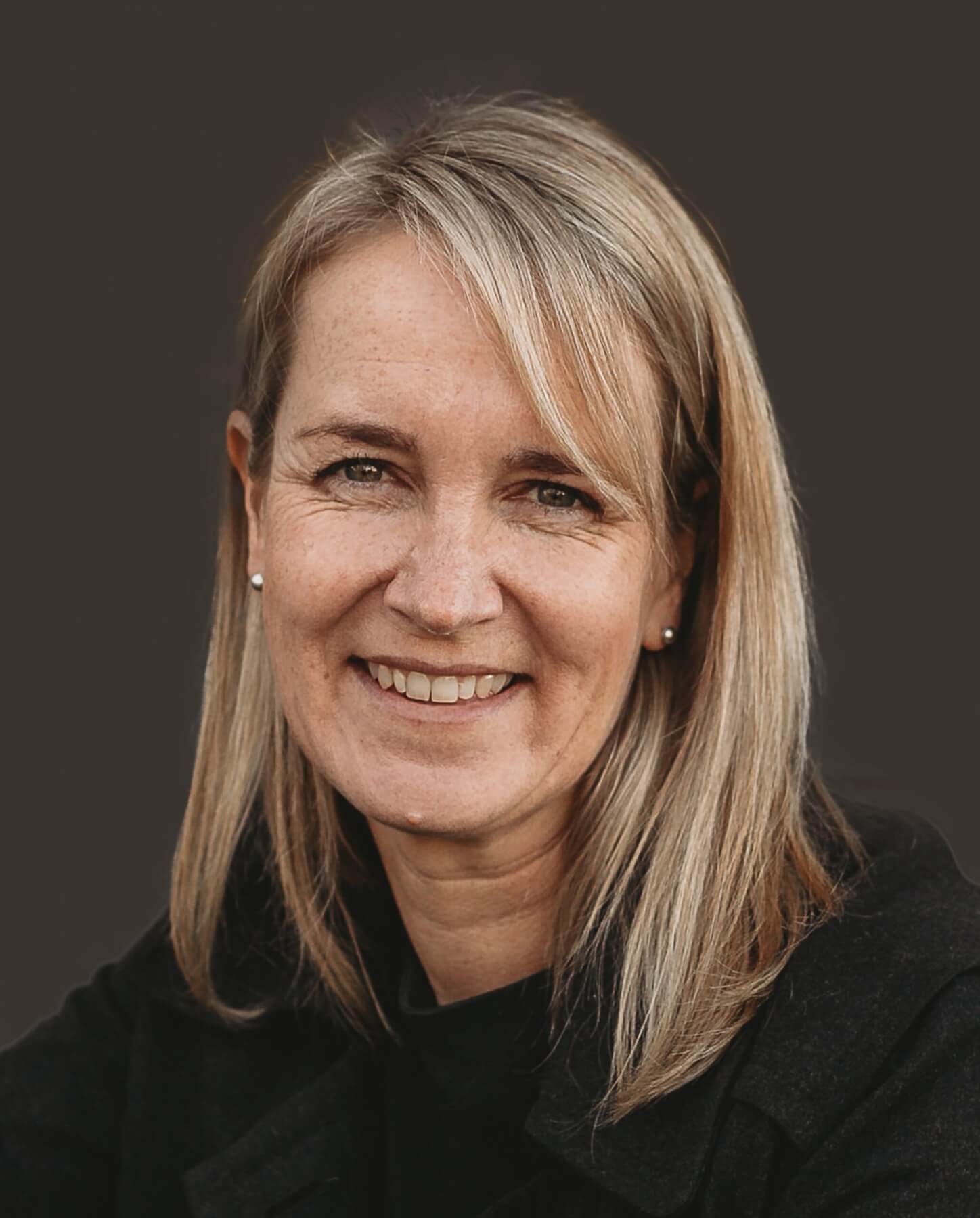
Dale-Maree Morgan is under no illusion she has a lot of work ahead of her following her election to the vacant Māori ward seat on Waipā District Council.
The result was confirmed earlier this week after only 13.11 per cent of the 2368 eligible voters returned their papers. Morgan secured 124 votes with Bill Harris second on 91, Gaylene Roberts with 77 and Barney Manaia 18.
While Morgan was disappointed with the turnout, she was not surprised – saying it showed Māori engagement with local government needed some work.
“We don’t see ourselves in council visually as well as (in) voices.”
However, she praised the council for taking the step to establish a Māori ward saying it showed it was not afraid to share power for the betterment of all.
And it followed on from several years of co-governance in Waipā, she said.
There were other factors behind the poor return. People had told her they had not received their voting packs, even some who got them at last year’s local government election.
The numbers on the Waipā Māori roll had also gone down by 50.
Morgan says that shows a systemic communication problem because Māori were confused about what roll they were on, and the wording was problematic for them.
“These layers that can be detrimental to us as voters are, one we don’t see ourselves visually and, two, we’ve not necessarily had a voice for us in these spaces. We’ll start disengaging when we can’t see how we can make a difference with our voices. That’s a common theme and a common response.”
It was a key point she was going to address with her people.
“I say to them ‘This is the system you don’t always like. It isn’t a system I like at the moment but while we are still having decisions made for us in the system, we need people in there’.”
Morgan will be sworn in tomorrow at her first council meeting in Te Awamutu. By then she will also know whether she has been successful in buying a property in the town for her and partner Steve Hutt. They currently live in Ngāruawāhia.
The two had a commitment ceremony in Raglan eight years ago bringing their blended family of eight children together. Morgan, who turned 50 in January, is also a grandmother of three – two in Australia and one in Turangi.
Hutt is an award-winning special effects’ graphic designer for Wētā Workshop. His work includes Fist of the Condor, Black Panther and The Big Friendly Giant, modelled on him.
“When you see a picture of my husband and you see the BFG, they’re the same,” she says.
“For Māori mokopuna I hope for the future they’re not having to strive for places that they should already be in.”
The tide was turning very slowly towards people existing well together in one country.
“I always have faith. That’s a credit to Māori as a people. We’ve always come with the best of the intentions. We operate for the betterment of them all.”
Morgan’s support of Three Waters is no secret, as is her commitment to consultation between the territorial authorities bordering the Waikato River.
“I take my hat off to Nanaia (Mahuta) because there was no minister who had a backbone or a uterus to take on such a huge subject.”
When Nick Smith deregulated the water, that expediated the pollution of our waterways.
“It mind boggles me that we’ll keep investing into strategies where we are flogging the horse and we end up with Hastings, Tairāwhiti, Auckland and all these infrastructure problems.
“But Māori and Nanaia are looked at as these iwi grabbing people for the water when actually we will not be taking the infrastructure. It will still be owned by those who own it.”
Collaboration around the table on issues like Te Arawa Lakes and the Waikato River were “stunning” examples of co governance.
“(They) take the fear out of the propaganda machine that’s being perpetuated by the alt right and by those who choose not wanting to share power.”
That refusal to share power was another systemic problem which was a choice made by those who felt they knew better, she said.
Morgan works as a contractor at Te Wānanga o Aotearoa Apakura Campus in Te Awamutu, one of “101 different places” she jokes she has worked at. That has helped her create a network of contacts.
“I’m precious about my networks too and that is one of the attributes to take into council.”
Her whānau has also been in Waipā for 26 generations.
“So, we’re kind of solidified around here.”
Morgan hopes to enlist the help of the other candidates on issues.
“I’m pretty isolated, one Māori to 11 non Māori. I’ve got a lot of work to do because our seat has been empty for a while.”
She has previously made her opposition to the proposed Paewira waste-to-energy plant in Te Awamutu known.
Morgan is supportive of Ahu Ake – the 30-year Waipā Community Spatial Plan – which the council has had a “good go” at getting consultation on with a wide spectre of the community.
Her key priority though is communication, an irony not lost on her given the poor turnout.
“That’s a fair call when you’re on limited resources,” she said. Hers included social media and an A5 pamphlet to secure 124 votes.
Waipā mayor Susan O’Regan said she expected Morgan to be a strong voice at the decision-making table.
“I think it’s particularly good to have a young, strong voice around the table. Dale-Maree will bring a different perspective and I really welcome that. I very much look forward to working with her.”











